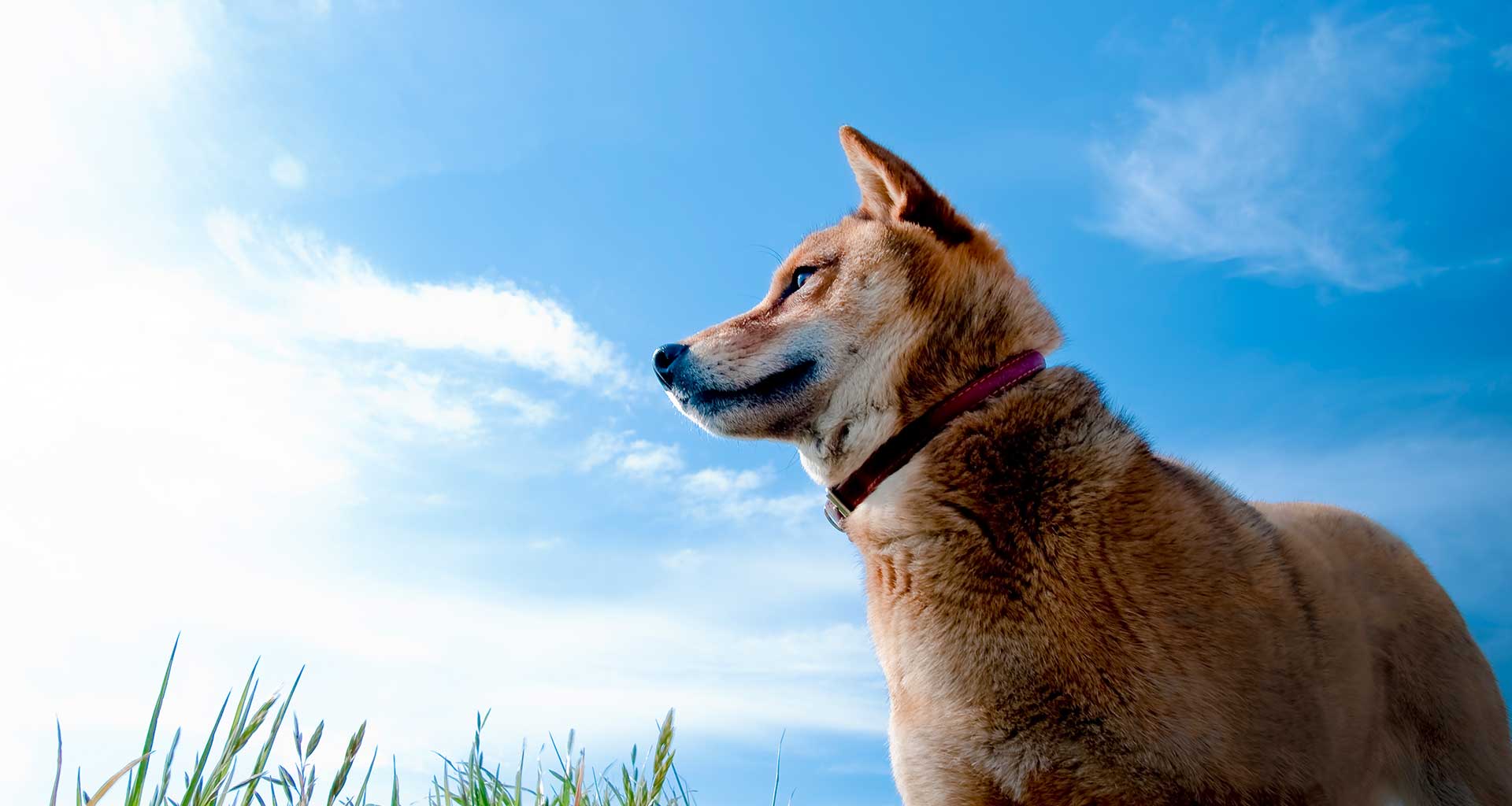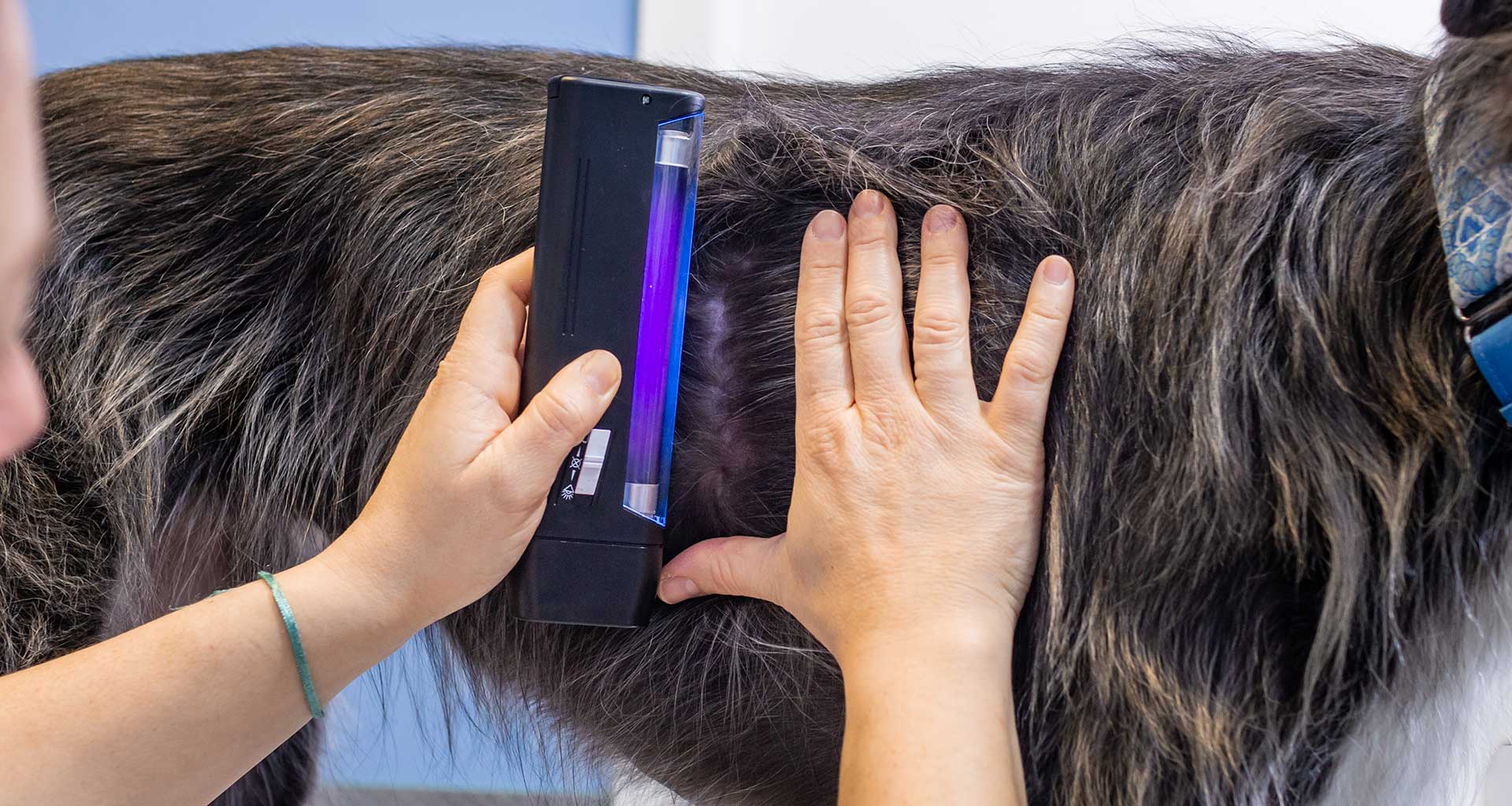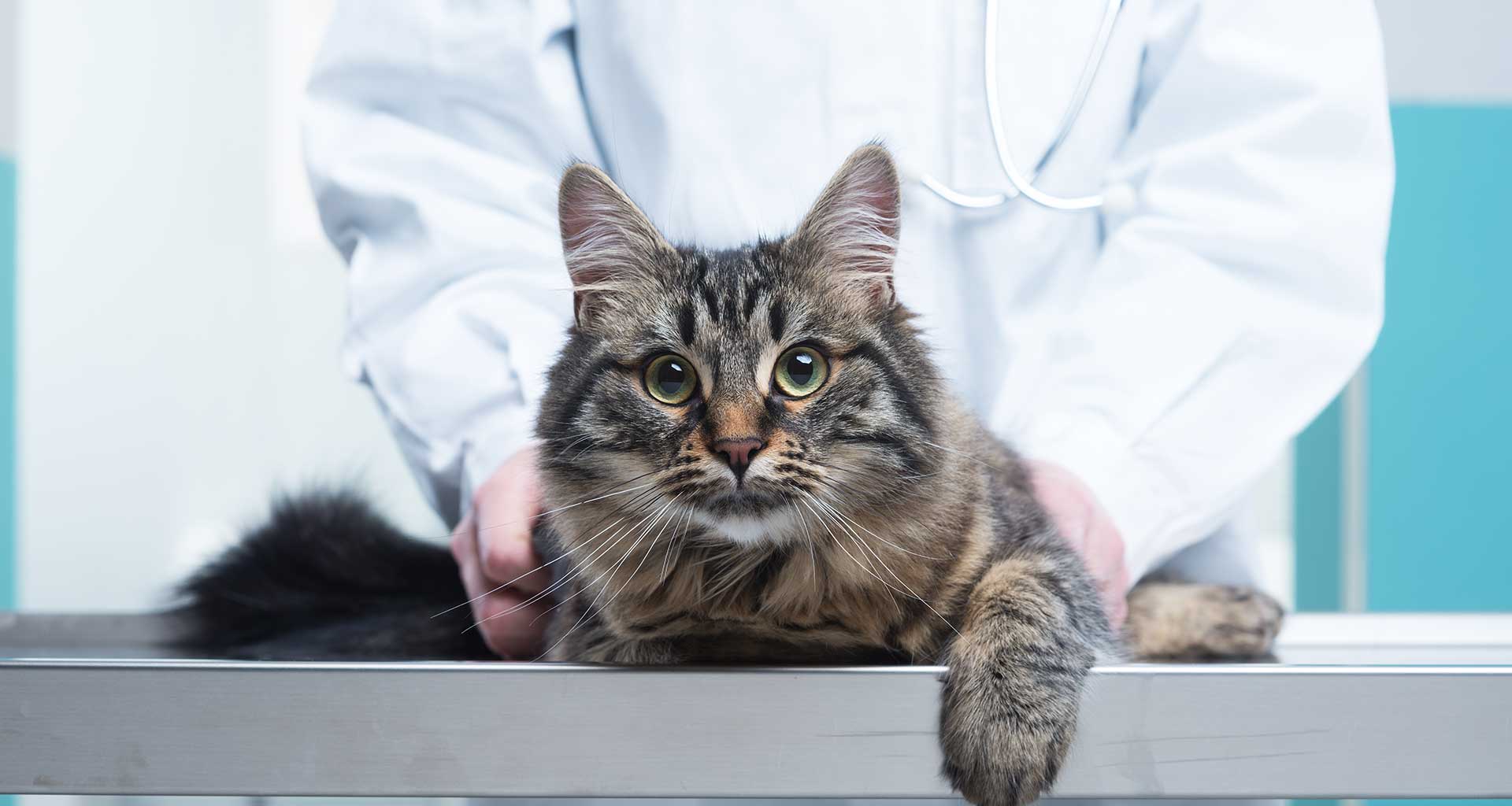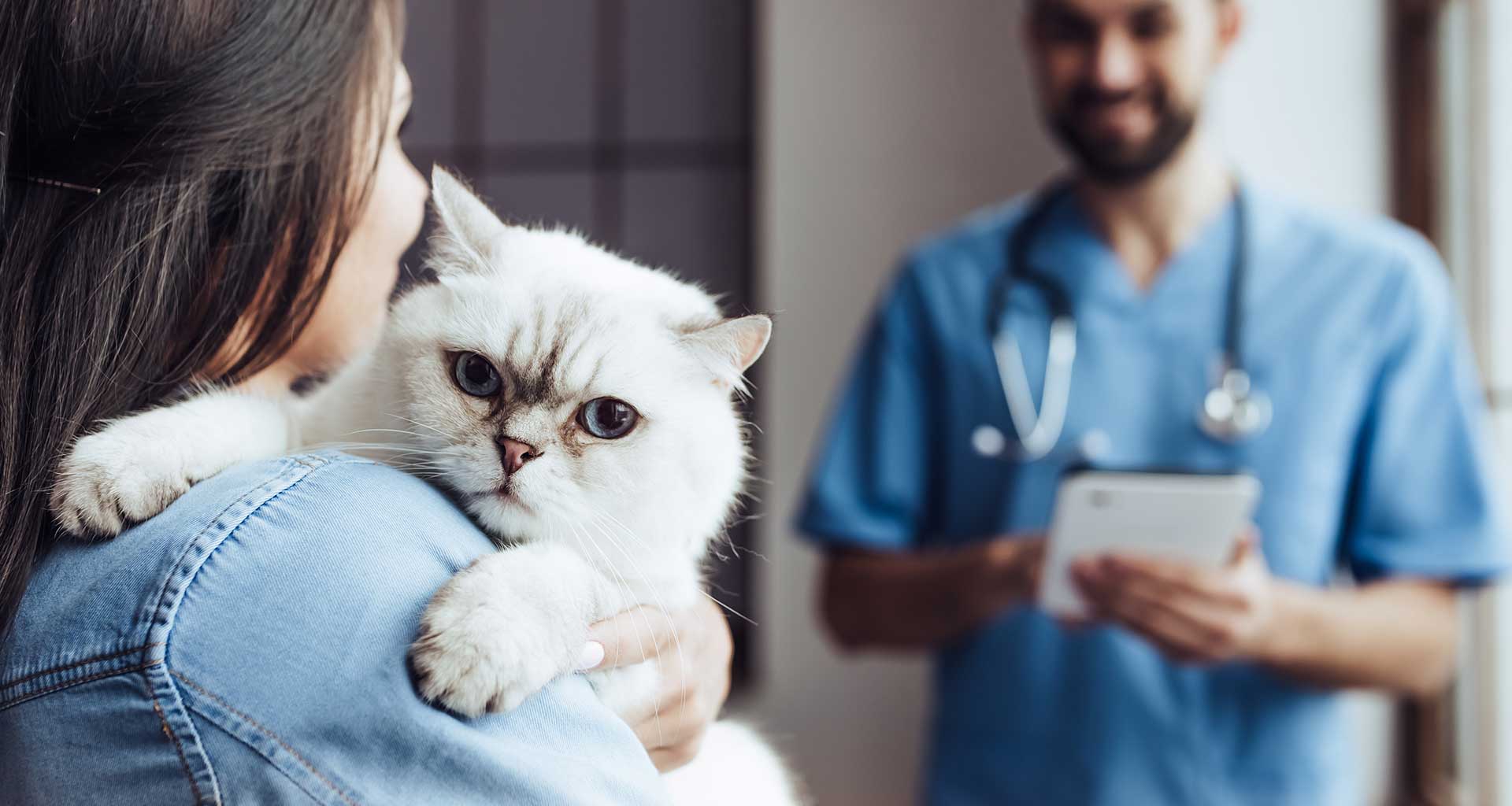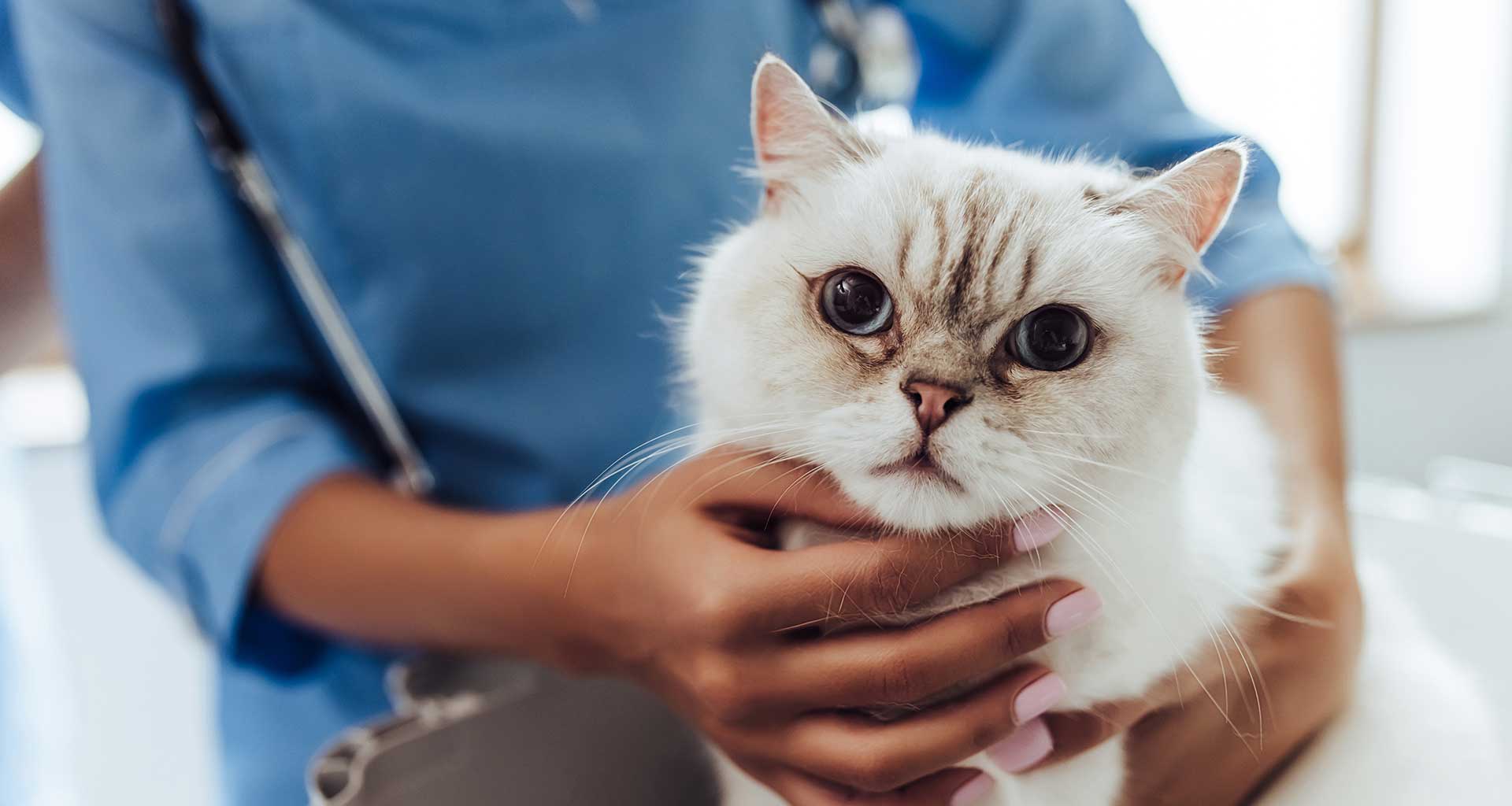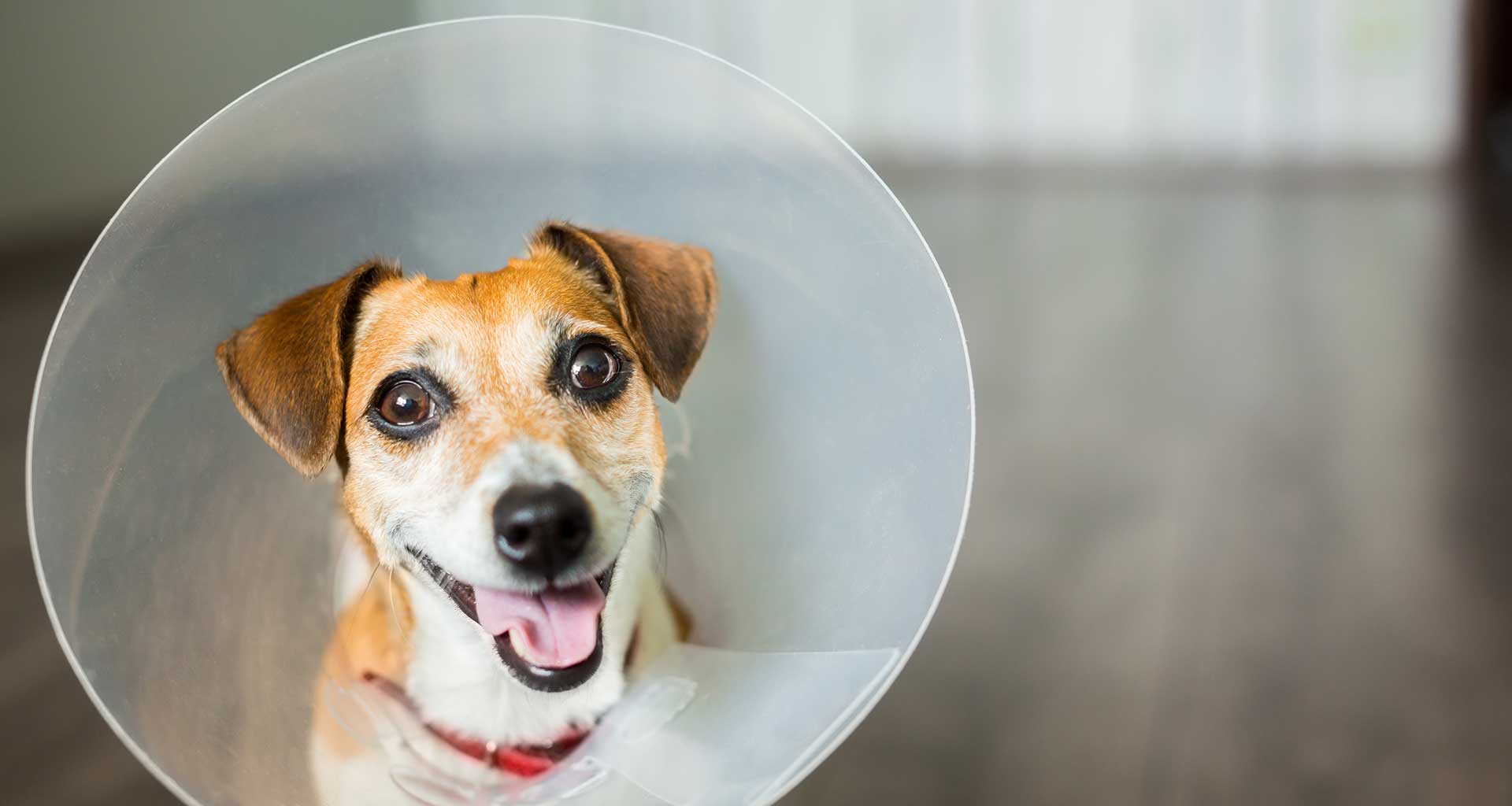Once your pet reaches the age of seven, they are classified as senior animals, even if they still act young.
Pets, like older people, begin to experience physical and behavioural changes putting them at greater risk of disease. We can’t avoid these changes but we can help them to minimise likelihood and impact.
Below we will cover some of the more common issues around senior pets.
Nutrition
It is very important that you feed your older pet on a highly digestible food to ensure your pet gains the foods full nutritional value. It is also important that the food is highly palatable to ensure that your pet accepts it. Senior pet foods also need to contain Antioxidants to boost their immune system to help prevent premature ageing. To help with better skin and coat condition the food needs to contain Omega 3 and Omega 6 fatty acids. It is also important to help maintain healthy joints in older pets. This can be achieved by ensuring the food given contains glucosamine.
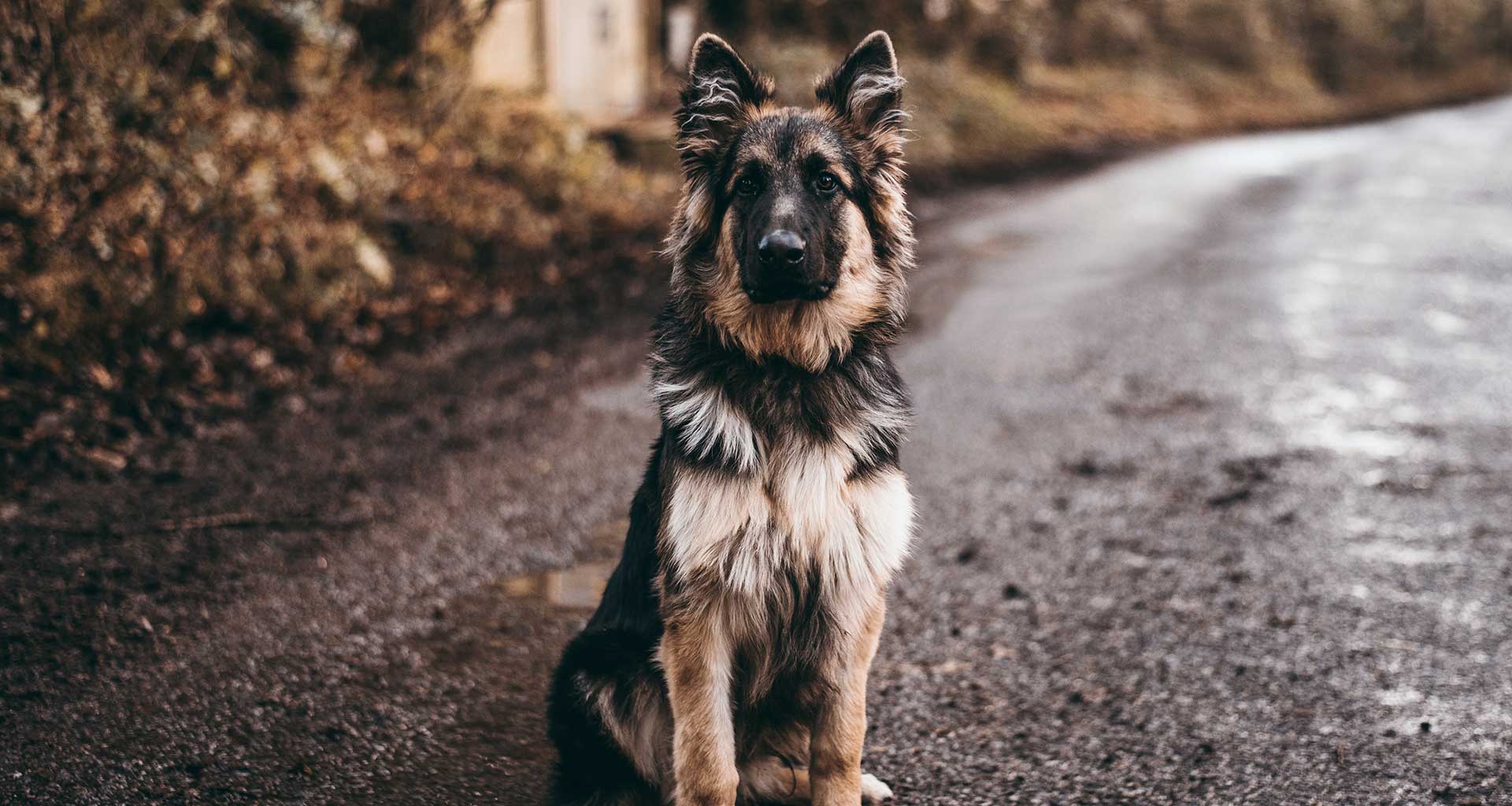
Dental
Research has shown that 85% of dogs and cats over the age of 6 have gingivitis and/or periodontal disease. Some early signs can be bad breath and redness or swelling in the gums. Checking your pet’s teeth on a regular basis for any broken teeth, build-up of tartar or gum problems will help keep your pet’s mouth healthy. If your pet has bad teeth it may result in secondary problems such as tooth loss, kidney or liver disorders and heart disease. If you have any concerns your veterinarian will be more than happy to do an oral exam.
Canine Osteoarthritis
Osteoarthritis is a chronic, degenerative disease, which affects the joints resulting in pain and reduced flexibility. The most common joints affected are their hips, spine, knees, elbows and wrists. Signs to look out for are stiffness and decreased activity, limping, muscle wasting, difficulty rising, pain and in extreme cases cracking sound during joint movement. If you pet is overweight then this will also contribute to joint problems. If you are concerned that your pet if overweight then speak to one of our nursing staff or your vet and they will do a simple check for you.
Joints and Glucosamine
Cartilage is the protective covering over the ends of bones to allow smooth and pain free movement. When the cartilage begins to wear down the bones rub together causing pain. Damage to the cartilage can happen due to ageing, exercise or genetics. This can lead to loss of mobility and pain. Glucosamine will help repair the joints, relieving the pain caused by arthritis; it also stimulates the growth of the key components in the cartilage, connective tissue and joints. There are many joints all over the body that are subject to wear and tear. Glucosamine can halt the progression of the joint damage and help repair what damage has already been done.
Bedding
It is very important with elderly dogs to make sure they are comfortable and have a warm place to sleep. Having a bed that is raised up off the cold floor will help to keep them warm and make it easier for them to get in and out bed. Also having their bed away from any drafts will also be of benefit. It is also a good idea to put a cover on the bedding so that can be removed and washed if needed. As pets get older, they can also begin to lose control and become incontinent so having a removable cover makes it easier for you to keep it clean.
Some Things to Watch Out for with Senior Pets
- Drinking more water
- Urinating more often
- Showing any lumps and bumps
- Suffering from bad breath
- Showing signs of a change in weight
- Showing behavioural changes like forgetting commands or house training, less interactive
- Showing signs of stiffness or limping
- Stiffness after exercise
- Having difficulty rising from a resting position
- Having trouble climbing stairs
Most importantly, ensure you senior pet is having a regular general checkup. Vets will often notice issues in their early stages and the earlier intervention and treatment takes place is almost always best for your pet.

